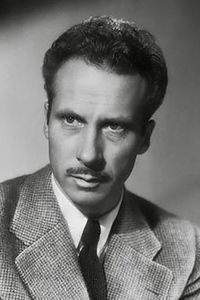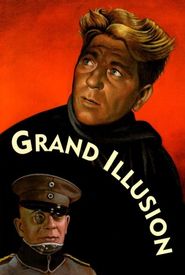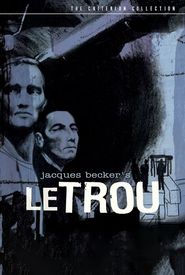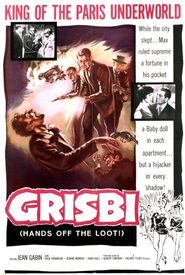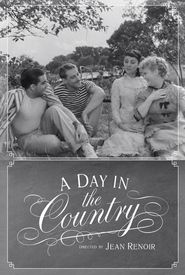The fascinating biography of Claude Becker, a talented filmmaker with a unique career trajectory.
Born in France, Becker's interest in films was sparked by a chance meeting with renowned director King Vidor, who offered him a role as actor and assistant director in the United States. However, Becker chose to remain in France and instead became the assistant to Jean Renoir, a family friend and prominent director, during his peak period from 1932 to 1939.
During this time, Becker co-directed a short film, Pitiless Gendarme, with Pierre Prévert in 1934 and later turned out a five-reeler, Tête de turc, in 1935, although he would later disown the latter. In 1939, he began working on a feature film, Cristobal's Gold, but abandoned the project after three weeks, allowing Jean Stelli to complete the film.
Becker's career as a director began in earnest in 1942, after a year spent in a German prisoner-of-war camp. Despite his relatively short output of only 13 films, Becker's body of work is highly regarded for its artistic and technical merit. He is particularly celebrated for his masterpieces, including the atmospheric period love story Casque d'Or (1952) and the superb prison escape drama The Hole (1960).
Becker's films also explored French social milieus with great care and attention to detail, as seen in charming love tales such as Antoine & Antoinette (1947) and Edward and Caroline (1951). His Don't Touch the Loot (1954),a gangster film notable for its detailed action and character development, exerted significant influence on subsequent French série noire films.
While Becker's commercial ventures, such as Ali Baba and the Forty Thieves (1954) and Montparnasse 19 (1958),a biographical sketch of Modigliani's life, were less successful, his legacy as a filmmaker continues to be celebrated. Becker was married to French stage and screen actress Françoise Fabian, and the couple had a son, director Jean Becker.
